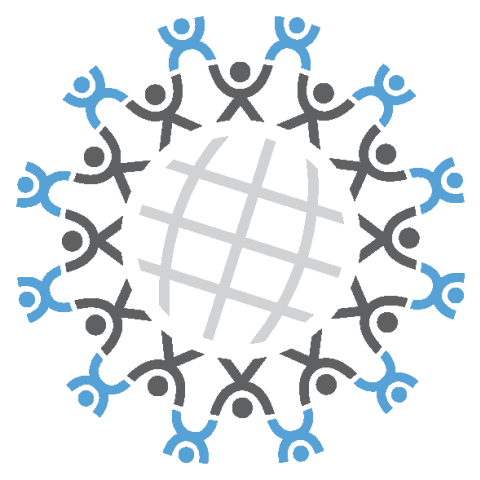Where We Work
See our interactive map



Pfizer's video, Fight Against Malaria—Pfizer's Mobilize Against Malaria Program, includes some of the work that IntraHealth has been doing in the Senegal part of the project.

To improve the health of mothers and newborns in Northern India, the Bill & Melinda Gates Foundation has awarded a four-year grant to IntraHealth International to establish and expand essential proven maternal and neonatal health (MNH) interventions. The northern state of Uttar Pradesh has the highest percentage of maternal deaths (29%) and neonatal deaths (25%) in India.

By Todd Cohen
CHAPEL HILL, N.C.--In July 2003, when it spun off from the School of Medicine at UNC-Chapel Hill, IntraHealth International operated with roughly 60 employees and an annual budget of about $13 million.
Today, as it prepares to celebrate its 30th anniversary in April, the nonprofit operates with roughly 650 employees and an annual budget of about $85.5 million.
(Excerpt from original news article)

The USAID-funded Twubakane Health and Decentralization Program, a five-year, IntraHealth-led project, celebrated its successes on December 18 in Kigali, Rwanda. Twubakane was instituted to improve Rwandan’s access to high quality family planning, reproductive health, child survival, malaria, and nutrition services through a decentralizing health care system.



